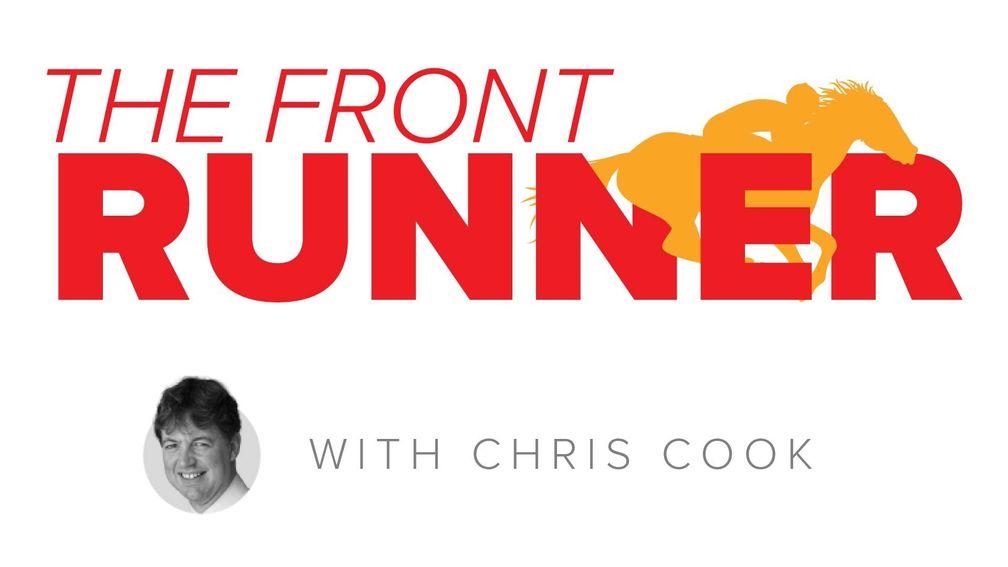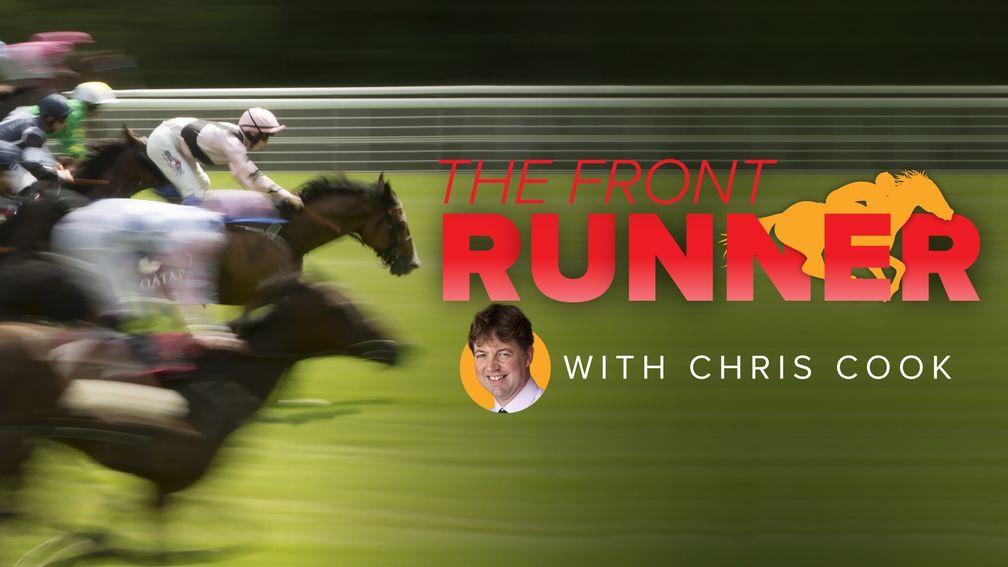How can we get better at handling concussion?

The Front Runner is our morning email exclusively for Members' Club Ultimate subscribers, written today by Chris Cook and available here as a free sample.
Subscribers can get more great insight, tips and racing chat from The Front Runner every Monday to Friday. Those who aren't yet signed up for The Front Runner should click here to sign up and start receiving emails immediately!
Not a Members' Club Ultimate subscriber? Click here to join today and also receive our Ultimate Daily emails plus our full range of fantastic website and newspaper content.

Does racing have a culture problem that gets in the way of recognising some concussion cases? That thought came up recently when the Front Runner attended a cross-industry symposium on the subject jointly hosted by the Injured Jockeys Fund and British Equestrian (the governing body for horse sports like eventing and show jumping).
We all know that jockeys are tough people who put their health at risk whenever they ride in a race. But that risk always has to be reasonable, proportionate and well-managed. Jockeys should not be taking risks they don't fully understand.
"I underestimated how much it affects you in later life," said Martin Dwyer, a Derby-winning jockey who retired this year. It was a knee injury that ended his career but naturally he also took blows to the head, which he mentioned as he took part in a round-table discussion with other jockeys, the highlights from which were shown to the gathering at Cheltenham racecourse.
Dwyer spoke about a time when he was knocked out in a fall. On returning to consciousness shortly afterwards, he recalls that his immediate focus was covering up the fact that he'd taken such a serious blow, because he had a good ride in a big race coming up soon and he didn't want to lose it.
"I forget so much now," Dwyer added. "If I could go back to myself ten years ago, I'd say: 'Look, you've had another bang on the head, take some time out.' Maybe I should have respected concussion more than I did."
Tom Scudamore, another big-time rider who retired this year, said the fear from a jockey's perspective was not loss of money so much as loss of opportunity. "No matter how successful you are, there's only so many chances to win those big races."
Dwyer, Scudamore and others agreed that racing can get better at managing concussion, which requires people to get better at recognising the symptoms and also needs jockeys to more readily accept the need to step back from the sport when they've had a knock - which, of course, may happen on the gallops as well as at the races.
"You only have one head," as Kevin Brogan put it. The concept of calling the attention of medics to a jockey exhibiting symptoms is a tricky one for the weighing room, as he acknowledged. "It might come across that you're trying to do the other lad dirty but at the end of the day you're doing them a favour."
Scu added: "The weirdest thing about delayed concussion is that you think you're absolutely fine until someone asks you a question. You're on autopilot but in your own mind you're absolutely fine."
Dwyer noted that a concussed jockey is bound to ride below their optimum level, perhaps dangerously below it. At any rate, they're unlikely to do a good job for anyone who happens to be employing them and could damage their reputation by taking rides while affected. "Ignoring the symptoms of concussion is just bad news," he concluded.
The symposium heard from Dr Jerry Hill, chief medical advisor to the BHA, who described "second impact syndrome", in which a person suffers a second concussion before symptoms of the first have had time to subside. It can lead to rapid, potentially fatal swelling of the brain and was noted in particular in the case of a teenager who died after playing rugby in 2011.
Hill pointed to government guidelines for grassroot sport published this year which featured the call to action: "If in doubt, sit them out". These words don't have the status of a protocol, Hill acknowledged, but he added that guidelines can reach that status over time and sports would need a good reason to deviate from them.
The BHA's position on concussion is well established after work over many years and is outlined here. Jockeys are stood down for at least seven days, following which recovery is managed on an individual basis by the BHA's medical department in collaboration with the IJF. A concussion awareness module is available to help people working within the sport to spot the symptoms and to understand what they should do in response.
The full collaboration of the sport's participants and insiders will lead to better care for our jockeys and a better future for them too. As IJF chair William Norris KC said in his opening speech: "The days of pretending that you're fine and carrying on are gone."
Read these next:
Racing Post Members' Club: 50% off your first three months

The Front Runner is our unmissable email newsletter available exclusively to Members' Club Ultimate subscribers. Chris Cook, a four-time Racing Reporter of the Year award winner, provides his take on the day's biggest stories and tips for the upcoming racing every morning from Monday to Friday. Not a Members' Club Ultimate subscriber? Click here to join today and also receive our Ultimate Daily emails plus our full range of fantastic website and newspaper content.
- Beware the pacemaker: Audience joins a list of horses who slipped the field in Group 1 races
- The Front Runner: hurray for Fontwell and a century of racing
- Willie Mullins crashes through €10 million prize-money barrier - and it must be a threat to the game's fabric
- What are the clues that can help us spot a Derby outsider who might actually win?
- Racing has a rich history - it's time to breathe a bit of life and vision into highlighting it
- Beware the pacemaker: Audience joins a list of horses who slipped the field in Group 1 races
- The Front Runner: hurray for Fontwell and a century of racing
- Willie Mullins crashes through €10 million prize-money barrier - and it must be a threat to the game's fabric
- What are the clues that can help us spot a Derby outsider who might actually win?
- Racing has a rich history - it's time to breathe a bit of life and vision into highlighting it